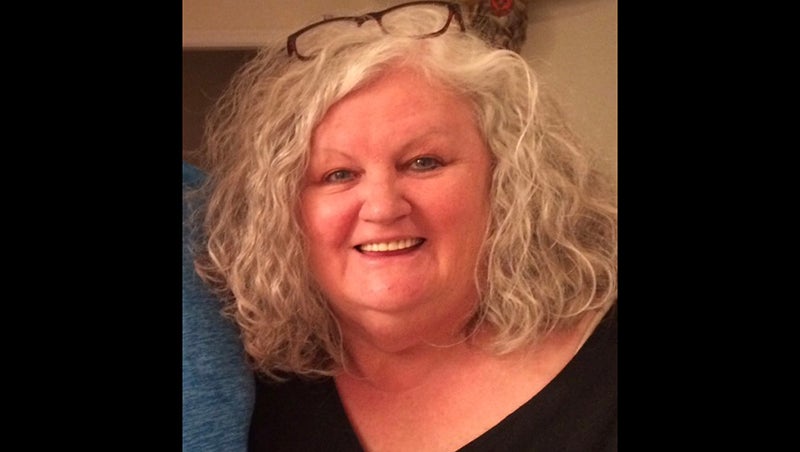Republicans Helped N.C. Green Party Get on the Ballot
Published 9:46 am Wednesday, April 4, 2018
RALEIGH — Supporters of lesser-known political parties were disappointed with North Carolina’s presidential election ballot in 2016.
Did you want to vote for Nutrition Party candidate Rod Silva, who ran for president with the slogan “Make America Healthy Again”? Only an option if you lived in Colorado.
Or perhaps you were eager to back Prohibition Party candidate James Hedges? The anti-alcohol party was founded in 1869 and somehow still exists, but Hedges only appeared on the ballot in three states.
North Carolina had a write-in option for president in 2016, but the state only counted write-ins for Green Party candidate Jill Stein. That’s because the Greens were the only party that submitted a petition to run an official write-in candidate.
Still, nearly 60,000 voters here used the write-in option — a sign of discontent with the three ballot choices of Republican, Democratic and Libertarian candidates. It’s unclear how many of those folks wanted a human third party candidate, as 19 Wake County write-in voters pick-ed “Deez Nuts” as their presidential choice.
Last week brought good news for the folks who can’t find something they like on North Carolina’s limited ballot menu of three parties. The Green Party officially became the fourth political party with ballot access here, meaning it can nominate candidates whose names will appear on ballots without requiring a write-in.
If the Democrats aren’t liberal enough for your tastes, you’re in luck: The environmentalist Green Party’s platform includes universal health care, opposition to all war and legal residency for nearly all undocumented immigrants.
So you might be surprised to learn that Republican legislators are responsible for the Green Party’s good fortune.
Last year, the GOP-sponsored “Electoral Free-dom Act” reduced the number of signatures required for third parties to get on the ballot, but it also created an alternative for parties with ballot access elsewhere. Any party that appeared on ballots in at least 70 percent of states in the last presidential election can apply for automatic access in North Carolina.
The Green Party is the only party that meets that requirement. All other third parties still need petitions with signatures from about 12,000 registered voters (far less than the old law required), and no parties have come close to that number yet.
The bill makes it easier for more people to run for office, and that’s good for democracy. But Repub-licans likely had other goals in mind when they developed the new require-ments.
So far, the Green Party is the only immediate beneficiary of the law, which could help Republicans. Most of the people who vote Green would likely otherwise vote for Democrats, which is why Stein faced criticism in 2016 that she siphoned votes from Democrat Hillary Clinton.
In North Carolina, that scenario might help the GOP maintain its majorities in the legislature. Assume you have a district where the Democrat would win a two-way contest with a Republican incumbent with 51 percent of the vote. If a Green Party candidate managed to attract 2 percent of voters who’d otherwise pick the Democrat, the Republican wins.
It’s telling that the NCGOP sent out a news release congratulating the Greens and noting that Republicans “are not scared of electoral competition.” The N.C. Democratic Party didn’t make a similar statement.
Third parties, understand-ably, reject the idea that they just play a “spoiler” role. They might not win races often, but they inject new voices into politics and highlight issues that other-wise might get ignored.
We don’t know yet how many races will get a Green Party candidate, because the party first must hold a convention to pick its can-didates. Its co-chairwoman, Jan Martell, told The Associated Press she expects a limited number this year. With just a few hundred party members, it’s unlikely every legislative and con-gressional race would have a Green Party hopeful.
While it’s nice to see a new party option on the ballot, nearly 31 percent of N.C. registered voters choose not to affiliate with any party. To run for legislature, those folks must collect signatures from 4 percent of the registered voters in their district, making successful unaffiliated campaigns rare.
That requirement wasn’t changed in last year’s legislation. If incumbent lawmakers truly didn’t fear added competition, they’d make it easier for unaffiliated voters to seek election.
–––
Colin Campbell is editor of the Insider State Government News Service. Follow him at NCInsider.com or @Raleigh Reporter. Write to him at ccampbell@ncinsider.com.





